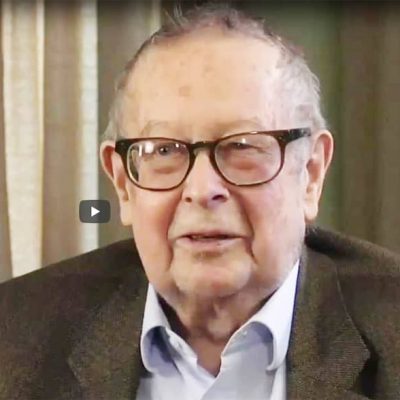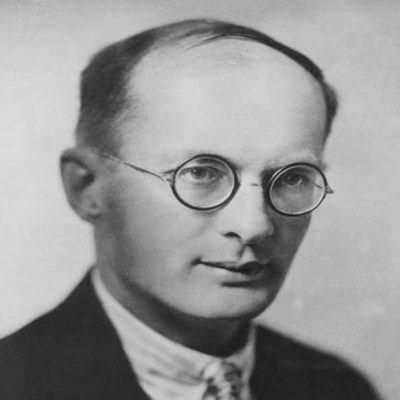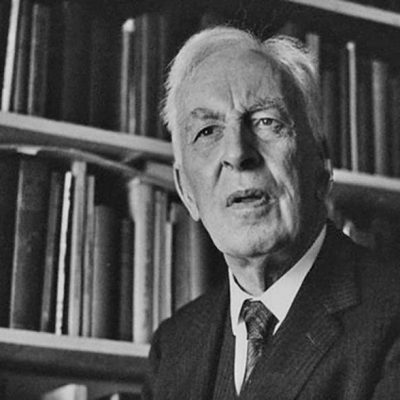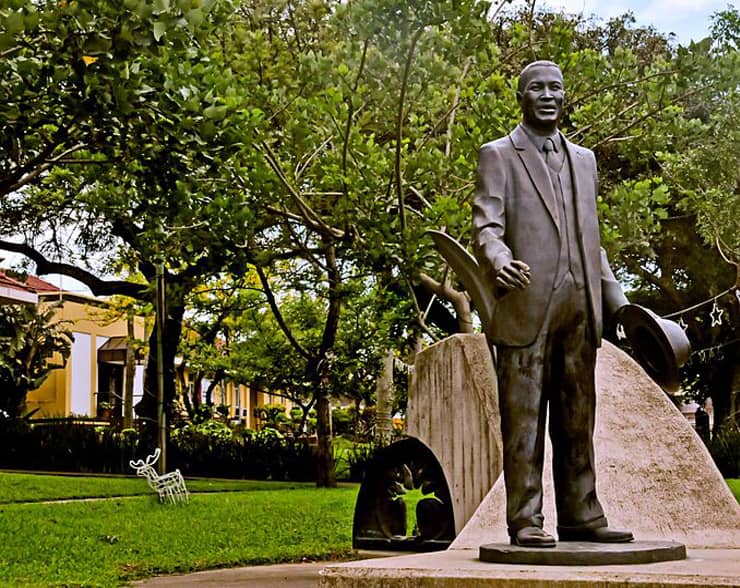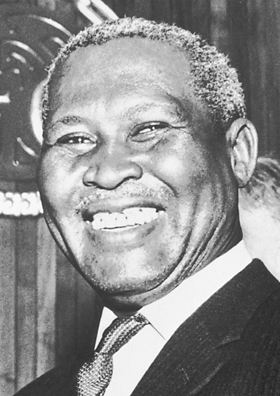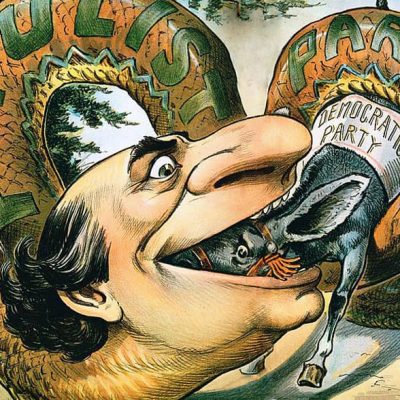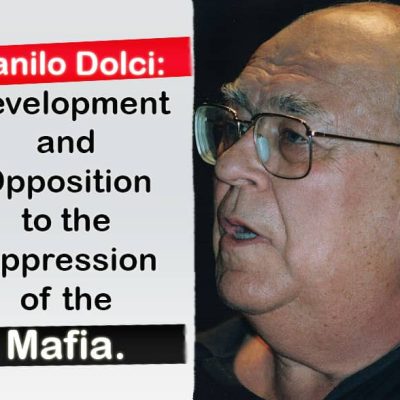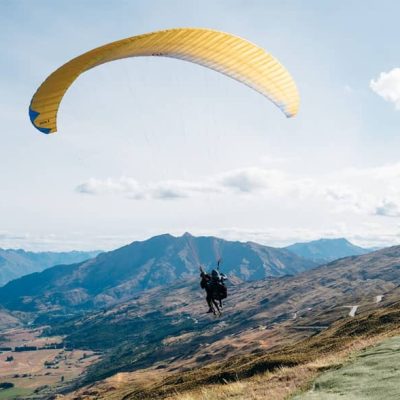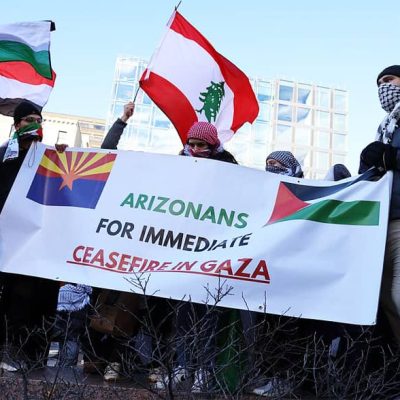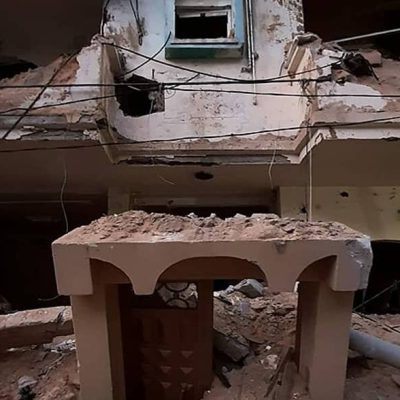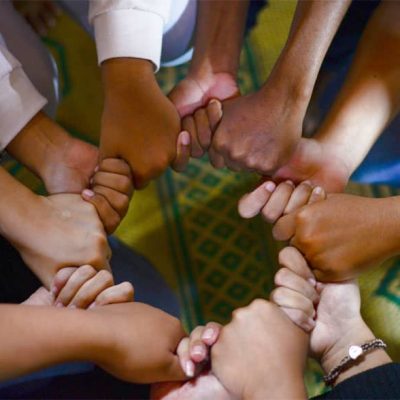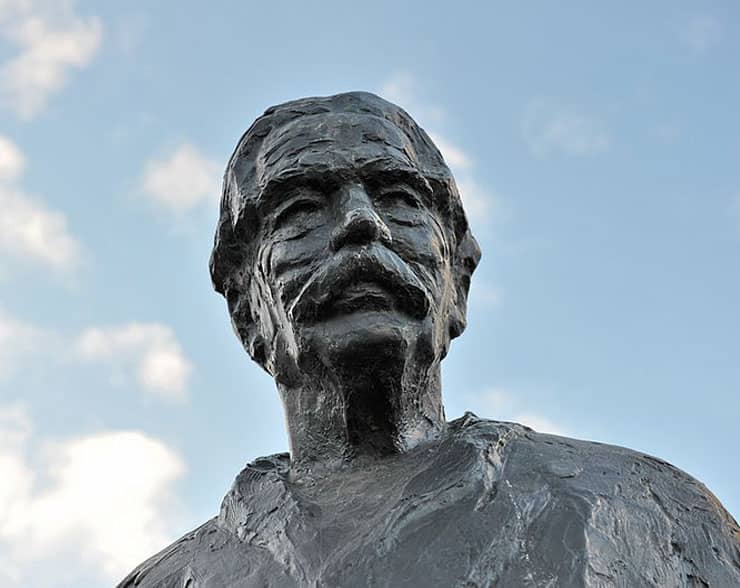 Rapprochement of Cultures.
Rapprochement of Cultures.
Albert Schweitzer: Respect for Life Against Nuclear Death.
Featured Image: Respect for life’ 1974 – (Albert Schweitzer), Deventer/The Netherlands Made by Pieter de Monchy (Hengelo 1916). By FaceMePLS from The Hague, The Netherlands, CC BY 2.0 <https://creativecommons.org/licenses/by/2.0>, via Wikimedia Commons.
Civilization is made up of four ideals: the ideal of the individual; the ideal of social and political organization;
the ideal of spiritual and religious organization; the ideal of humanity as a whole.
On the basis of these four ideals, thought tries conclusions with progress.
Albert Schweitzer The Philosophy of Civilization.
Albert Schweitzer, whose birth anniversary we note on 14 January, was concerned with the ways that these four ideals of civilization are developed into a harmonious whole. Late in his life, when I knew him in the early 1960s, he was most concerned with the ideal of humanity as a whole.
He had come out strongly against nuclear weapons, weapons which were the opposite of respect for life which was the foundation of his ethical values.
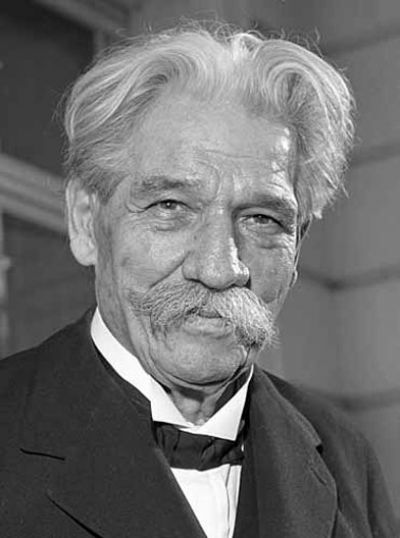
Albert Schweitzer (14 January 1875 – 4 September 1965) Bohn, 11 November 1955. By Bundesarchiv, Bild 145 Bild-00014770 / CC-BY-SA, CC BY-SA 3.0 DE <https://creativecommons.org/licenses/by-sa/3.0/de/deed.en>, via Wikimedia Commons.
(1) “Man can hardly recognize the devils of his creation. Let me give you a definition of ethics. It is good to maintain and further life. It is bad to damage and destroy life. By having reverence for life, we enter into a spiritual relation with the world. By practicing respect for life, we become of the human family and our good, deep and alive.”
For Albert Schweitzer, our sense of unity of the human family and our obligation to future generations was threatened as never before in the two World wars that he had seen. I had been active since the mid-1950s in efforts to ban testing of nuclear weapons in the atmosphere – a focus of anti-nuclear efforts at the time. I had also worked with the world citizen Norman Cousins who had visited Lambaréné and had written a lively book on his exchanges with Schweitzer.(
It was Norman Cousins, active in disarmament efforts in the USA, who urged Schweitzer to speak out against nuclear weapons. Schweitzer had been awared the Nobel Peace Prize for his humanitarian efforts in Africa. Thus he came into ever-greater contact with people working for peace.
However, he was reluctant to make statements on issues on which he was not expert. As he said to Cousins:
” All my life, I have carefully stayed away from making pronouncements on public matters. Groups would come to me for statements or I would be asked to sign joint letters or the press would ask me for my views on certain political questions. And always I would feel forced to say no.”
However, he went on:
“The world needs a system of enforceable law to prevent aggression and deal with the threats to the peace, but theimportant thing to do is to make a start somewhere…I think maybe the place to take hold is with the matter of nuclear testing…If a ban on nuclear testing can be put into effect then perhaps the stage can be set for other and broader measures related to peace.”
This picture of en:Norman Cousins was taken from http://history.nasa.gov/EP-125/part2.htm And was probably created by NASA at the time of the panel it was taken from (1976). By See page for author, Public domain, via Wikimedia Commons.
Peace or Atomic War.
Schweitzer’s 1958 appeal “Peace or Atomic War” was an important contribution to the growing protests against nuclear testing and their fallout of radiation. On 16 October 1963 The Treaty Banning Nuclear Weapons Tests in the Atmosphere, in Outer Space and Under Water (more commonly called the Partial Test Ban) came into force.
Today, we still need those other and broader measures related to peace and for a constant affirmation of respect for life.
It could for you to be interesting to read: Norman Cousins: A Pioneer of Track II Diplomacy.
Notes.
1) See Albert Schweitzer. Peace or Atomic War (New York: Henry Holt, 1958)
2) See Norman Cousins; Dr Schweitzer of Lambarene (New York: Harper and Brothers, 1960)
3) Also from Rene Wallow in Ovi magazine:
Albert Schweitzer: To say yes to life HERE
Albert Schweitzer: A Universal Ethic HERE
Albert Schweitzer: To turn our faces once again to civilization. HERE
Rene Wadlow, President, Association of World Citizens.

President, Association of World Citizens (AWC).
Estudied International relations in The University of Chicago.
Estudied Special Program in European Civilization en Princeton University
Here are other publications that may be of interest to you.
Kenneth Waltz: The Passing of the Second Generation of the Realists.
The death of Professor Kenneth Waltz; on 12 May 2013 in New York City; at the age of 88; marks the start of the passing of the second generation of…
Benjamin Ferencz, Champion of World Law, Leave a Strong Heritage on Which To Build.
Featured Image: Prosecutor Benjamin Ferencz at the Einsatzgruppen Trial in Nuremberg. Ferencz was a civilian employee with the OCCWC, thus the picture showing him in civilian clothes. The Einsatzgruppen Trial (or „United…
Bronislaw Malinowski: Understanding Cultures and Cultural Change.
Featured Image: Bronislaw Malinowski (1884-1942), Professor of Anthropology. By Library of the London School of Economics and Political Science, No restrictions, via Wikimedia Commons. Bronislaw Malinowski (1884-1942) whose birth anniversary…
Arnold Toynbee: A World Citizens view of challenge and response.
Featured Image: Arnold Toynbee. By Atyyahesir, CC BY-SA 4.0 https://creativecommons.org/licenses/by-sa/4.0, via Wikimedia Commons. Arnold Toynbee (1889-1975) was a historian, a philosopher of history, and an advisor on the wider Middle…

